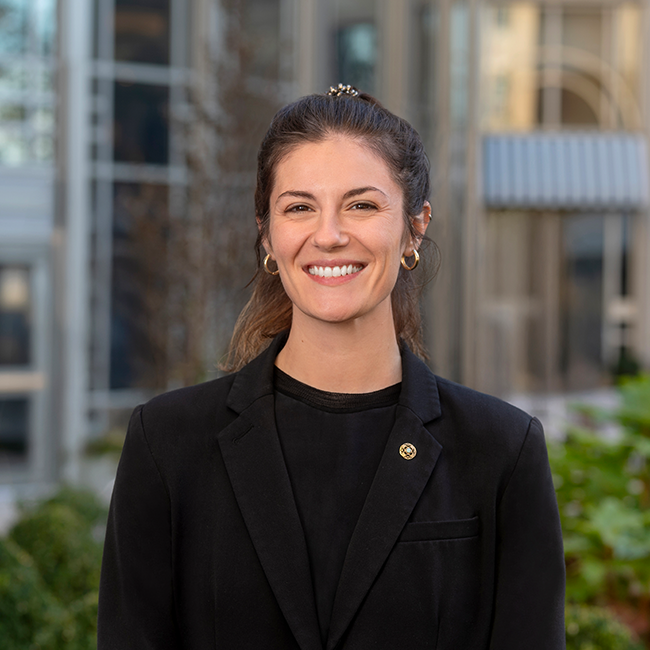Lessons Learned from COVID-19
While the response to the COVID-19 pandemic exposed many of the fault lines in the biomedical innovation ecosystem that have slowed progress for decades, it also illustrated we are capable of innovating in ways we perhaps did not think possible. FasterCures wants to ensure the lessons of this crisis are not lost—not only for combatting future infectious disease outbreaks but also for conducting every other aspect of biomedical research and development.







